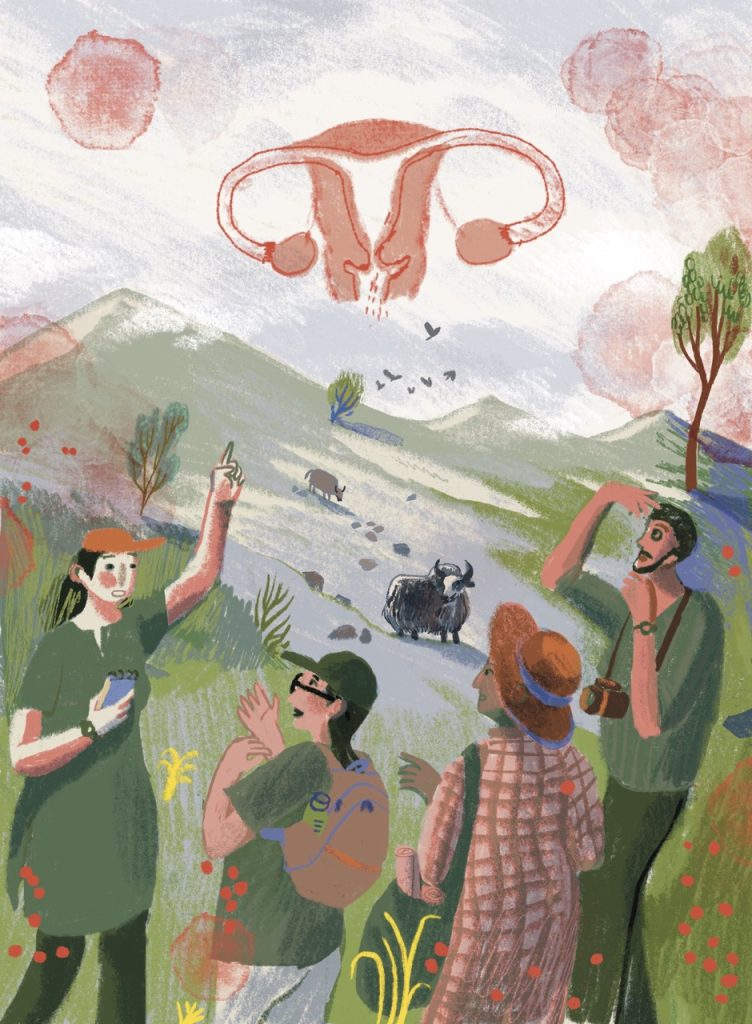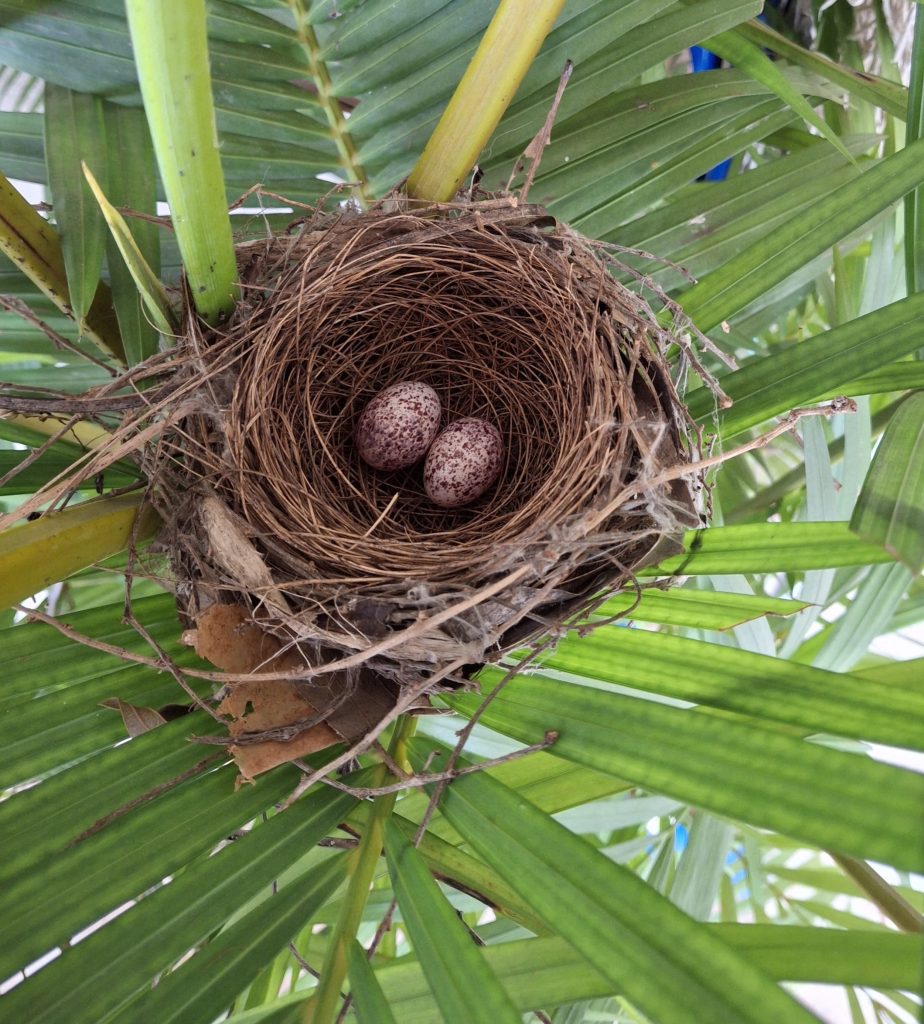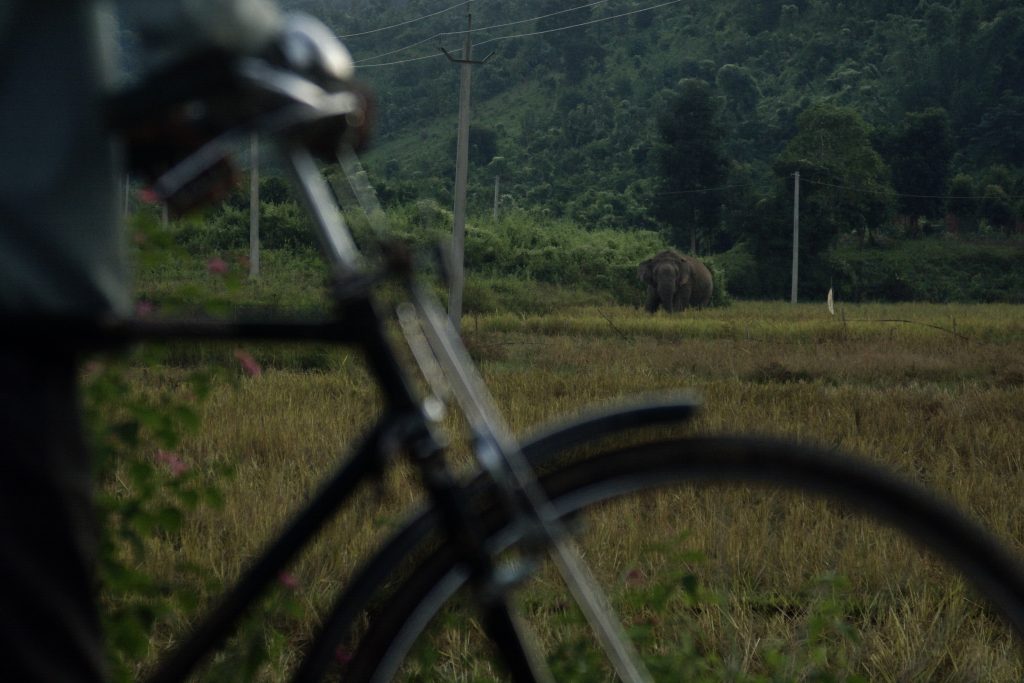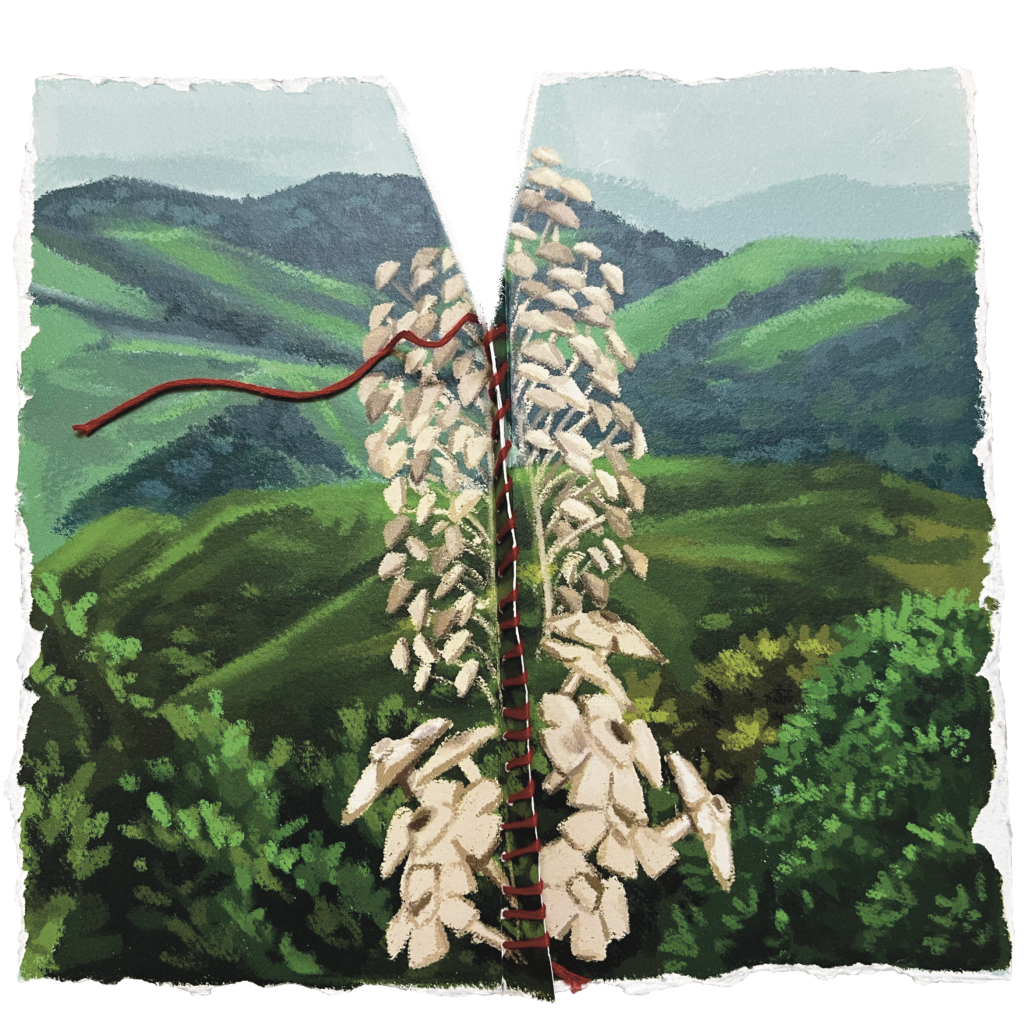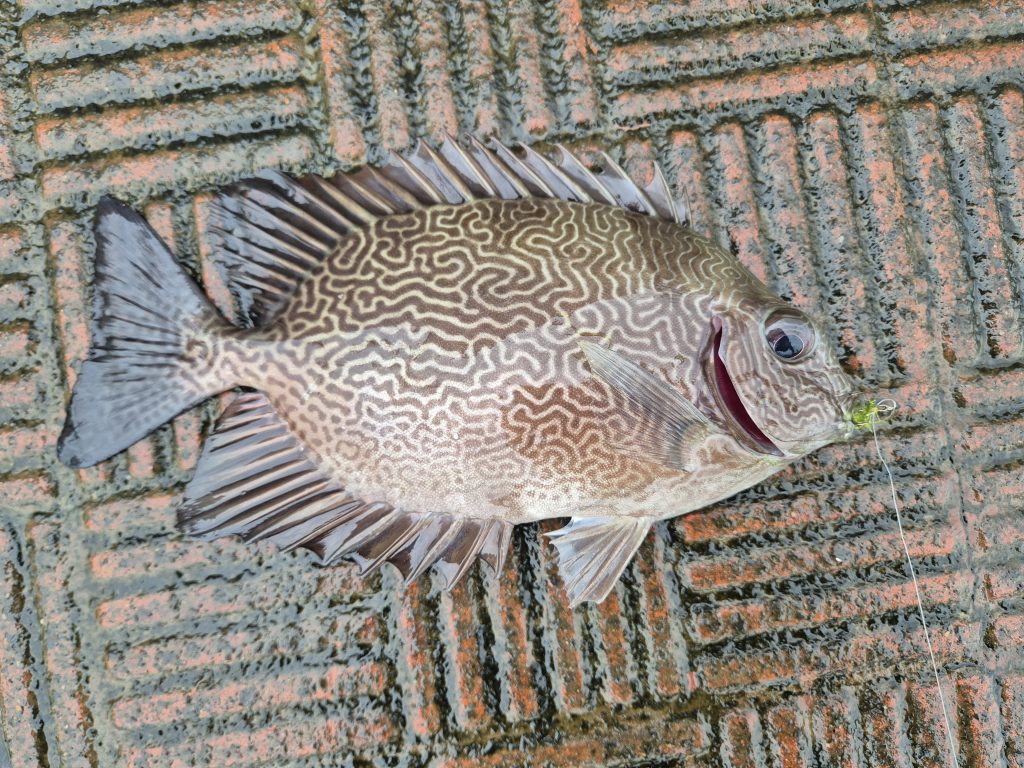Whenever I hear the name Rivaldo, I think of Brazil; I relive the 2002 World Cup, and replay memorable matches of the legendary footballer in my head. The popularity of that name has traveled farther than Brazil, as I discovered. It was given to an enormous 30-year-old tusker who wanders through the forests of Masinagudi and Mudumalai Tiger Reserve (MTR) with a monitoring collar around his neck.
With support from WWF-India, Rivaldo the elephant was collared to record and track his movement and habits. I had the opportunity to visit Mudumalai in August, and while there, it so happened that Rivaldo went “missing” for about five to six hours. My colleague, Ravikumar, and I had been visiting a forest campsite in the buffer zone of MTR that morning. On our return around noon, we travelled back towards Masinagudi town to assist in scouting out the wayfaring absentee. As per his last recorded location, Rivaldo was not too far from the town, and had lingered around the area of Vazhaithottam. We parked the jeep at the forest checkpost and made our way down a snaking stream, until we espied a group of Forest Department staff holding aloft a drone-shaped antenna.
A brief discussion was followed by an inspection of the seemingly faulty radio device that was emitting a consistent barrage of static crackles. This proved confusing at first because it indicated two contradictory things: either that the elephant had vanished into thin air, or that he was omnipresent and approaching us from all sides. But Ravi anna (elder brother in Tamil) expertly adjusted the numbers on the screen, and tweaked the various knobs. Soon enough, we started receiving a short, and increasingly frequent blip that grew in intensity as we moved closer to our target.

We made our way through an open field before reaching a thorn-covered patch of bamboo. Ever so often, we would halt, and with the antenna held high, correct our course by a few degrees, before moving forward again. We advanced in a single file and—despite getting myself caught in the nettle and thorn of the scrub with the inexperience and clumsiness of a newcomer—made steady progress. Small groups of chital (spotted deer) scurried past at the sound of our approach. We eventually emerged from this patch on to the banks of a boulder-filled stream. The blip was starting to spike; Rivaldo was not very far. Once again stopping to track the proximity of the elephant —and for me to catch my breath under the suffocating embrace of my face mask—we trekked another furlong. The Forest Guard surveying ahead informed us that he had spotted Rivaldo asleep.
This explained the curious case of the missing tusker. As the elephant lay down, the GPS tracker on the collar might have swiveled downward and under his great bulk, thereby jamming and jumbling the signal. As we inched closer to Rivaldo through dense thickets of thorn-covered undergrowth, each step seemed an eternity, and the crunch of dry leaves underfoot could have awoken the slumbering giant. Stories of treacherously close encounters with elephants whirled through my head. Suddenly, I heard a loud thunderous snore and what sounded like the snap of a leather belt. Rivaldo lay on his side, fast asleep. His ears flapped mechanically, hitting the collar with that belt-snapping sound, while his trunk gathered the surrounding sand and sprinkled grains overhead, reminiscent of a gentle exfoliating massage. He moved his front foot up and down, as if walking in a dream.
After ten minutes and several overly cinematic what-if scenarios rushing through my head, we started to make our way back. It was extraordinary to think that a full-grown tusker lay so close by, and that without the aid of a monitoring device, one wouldn’t have had a clue. A short while later, as we took a water break and chatted, Rivaldo awoke and wandered further afield, adjacent to a large open expanse. We quickly followed, staying parallel to him. We then cut across, reached the field first, and stood waiting for him under the shade of a tree. If he emerged from the forest and into the open, he would come into view about 40 metres away. I waited with bated breath. The leaves began to rustle and out came the object of our rapt attention. Rivaldo walked slowly, his trunk sniffing and exploring the shrubbery directly ahead of him. He came closer to where we stood. By then, we had ventured away from the tree and were standing in the sun, in plain view of our companion. Rivaldo placidly observed us.
We froze. Ravi anna was crouched over, clicking photos. I was transfixed, fumbling to keep my phone camera on my chest. We remained rooted to the spot, as his massive bulk and lumbering presence dominated the landscape. His curiosity soon waned, and with a casual side glance, he swayed to the left and walked away to forage. We circled around and continued to watch him through binoculars. With the Nilgiris in the backdrop, the hungry giant came to a halt. Using his front foot he scraped the soil and loosened the grass. Then, with his trunk, he neatly bunched and gathered the vegetation, encircling it with the dexterous coiled instrument that was in fact his nose. As if using a fork and spoon, Rivaldo bundled the grass in his trunk and secured it with the assistance of his front foot. Finally, with a single fluid motion, he ingested it all. Rivaldo indulged us for a good half an hour before returning to the dense scrub.
Later that evening, Ravi anna asked if I had been frightened as I stood in front of Rivaldo. I would be lying if I said I had felt no fear or trepidation. Yet, we were fortunate to have encountered him when he was of a gentle disposition, perhaps soothed by his afternoon siesta. However I might choose to rationalise his mild behaviour that day, our wordless exchange made an indelible impression on me.

